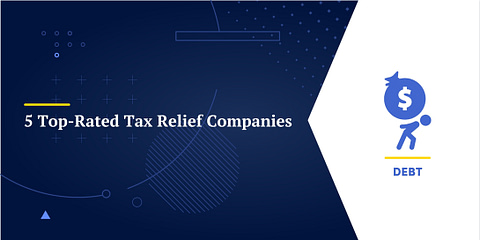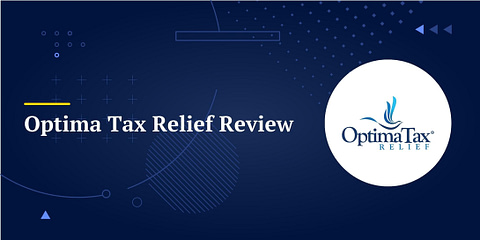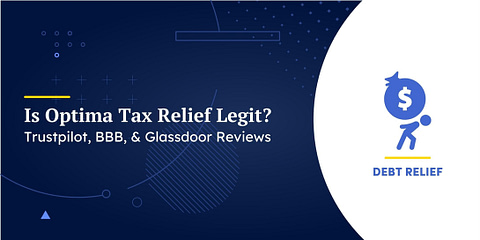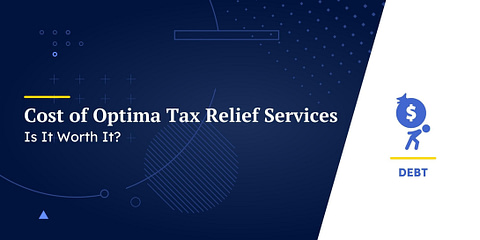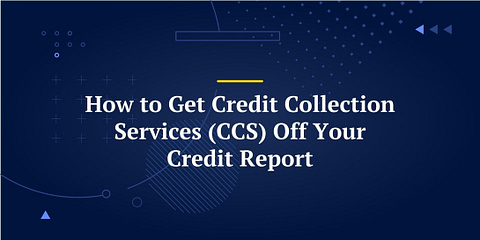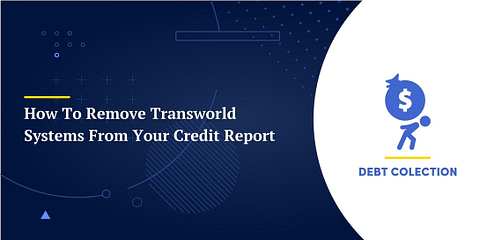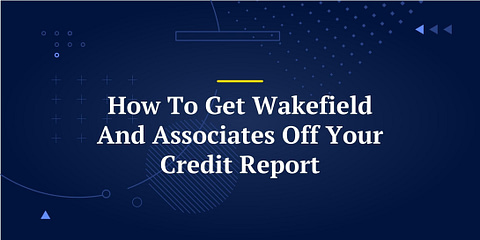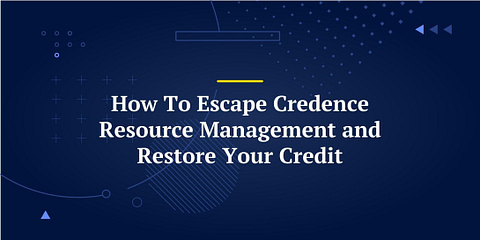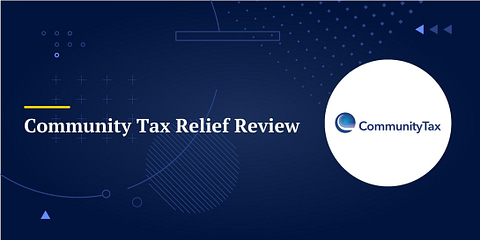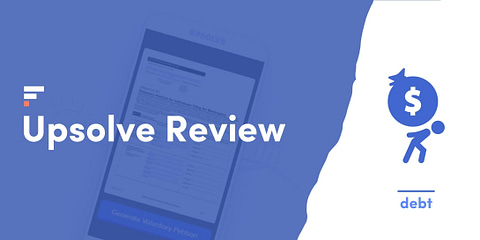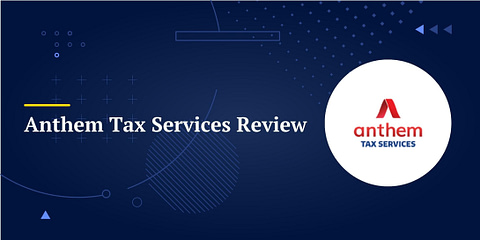If you have tax debt, beware. The IRS can do things to collect that no other creditor can. They can seize your property and financial assets without going to court.
There are two steps in this process.
- An IRS tax lien is a claim placed on your property. You will still own the property, but the IRS will have the first claim on it. You will not be able to use it as collateral. If you sell the property, the IRS will take its share out of the proceeds.
- An IRS tax levy is an actual seizure of your property. The IRS can place a levy on real estate, vehicles, and even the cash in your bank account or assets in your investment accounts.
Obviously, you want to avoid a tax levy if possible. If you are facing a tax levy, you have options, but you will have to act immediately to avoid losing your property.
What Is An IRS Levy Notice?
An IRS levy notice sounds alarming, and it is. It should not be a surprise, though.
“Usually, the IRS will reach out to you for months and months before issuing a levy,” said Sharif Muhammad, MBA, CPA, PFS, MST, and CFP®, and founder and CEO of Unlimited Financial Services, LLC.
If you haven’t paid your taxes or made any arrangements to take care of your bill, the IRS can take action. How do they do it?
After notifying you of their intent to levy, “the IRS works directly with the legal department to seize your assets,” said Muhammad. “An IRS levy letter can be in the works for days by the time you realize what’s happening.”
That can put you in a tricky situation. You might try to make a withdrawal or pay a bill with your bank account and suddenly not have access to your money. Or the IRS might show up on your doorstep and start removing your belongings.
How to Stop an IRS Tax Levy Notice
You already know the IRS is powerful. If you’re facing an IRS levy letter, there’s no time to waste.
You have a short amount of time to contact the IRS to lift it. Because, once it’s done, it’s done.
Sharif Muhammad
There are ways to get the IRS to release a levy.
If You Think the IRS Made an Error
The IRS sends a Notice of Intent to Levy and Notice of Your Right to a Hearing as a final warning before taking action.
Once this final notice is received, [you have] 30 days to file an appeal of the proposed IRS collection action.
Canopy Tax
The appeal is a collection due process appeal.
It’s where you ask the IRS to lift the levy and to give back what they took from you. But it isn’t easy. Saying you think there was a mistake is not enough. You’ll need to prove it. A tax professional, such as a CPA, tax attorney, or tax debt relief company, can help you with the process.
If You Can’t Afford to Pay
If you can prove that an IRS levy would “prevent you from meeting basic, reasonable living expenses”, they might lift it. What does that mean?
The IRS has to believe you can’t meet necessary or reasonable living expenses with the levy in place. To do that, you must disclose a lot of financial information.
You’ll make financial declarations to the IRS as part of the process…
Sharif Muhammad
If you make a mistake, you could face serious consequences. Remember, even if the IRS releases the levy, it doesn’t wipe away the tax debt. You still must work with them to get your balance paid off or settle your debt.
Set Up an Installment Agreement
Installment agreements are one way to settle your tax debt and stop an IRS levy letter. How they work depends on how much you owe.
A balance below $50,000 can be eligible for a payment plan.
Sharif Muhammad
He says you must make an “initial good-faith payment of a substantial amount” for the IRS to consider lifting the levy. You can still ask for a payment plan for balances above $50,000, but they’ll require additional paperwork.
Just because you enter an installment agreement doesn’t mean the IRS lifts the levy. Releasing the levy has to be part of the terms of the agreement.
That’s where someone who knows what they’re doing – a tax professional – can really help.
Sharif Muhammad
Quick tip: Once you start an installment plan, you will have a harder time qualifying for a debt reduction request later. We recommend you speak to an expert to see if you qualify for an offer in compromise first.
If you don’t know what to ask for or the ins and outs of the IRS process, you can get yourself into a situation where you don’t understand your options.
Make an Offer in Compromise
An offer in compromise is a request to have your tax bill reduced. There are three conditions that can get an offer in compromise approved.
- Doubt as to liability: you’ll have to provide evidence that your liability is incorrect.
- Doubt as to collectibility: the IRS has to be convinced that you simply cannot pay the full amount.
- Effective tax administration: this means that you can prove special circumstances that would make the full collection an undue or inequitable hardship.
Offers in compromise are not guaranteed. Only about 40% of the proposals succeed. They are often used by individuals who are elderly, disabled, or who face special hardships.
The IRS is not required to release a levy that was placed before you made the offer. They still may release the levy if your circumstances justify it. This is not a guaranteed way to remove a levy, but it could be worth a try if your circumstances justify it. You will probably want to consult a tax professional to be sure.
Sell Something to Pay It Off
Let’s say you owe the IRS $20,000. You don’t have that kind of cash lying around. But you own a house, and the house has equity. Except the IRS put a levy on your house, so that limits your options. With a levy in place, you can’t sell or refinance your home.
But here’s the thing, the IRS might work with you if it means they’ll get paid. If you agree to sell your house or refinance and take the equity out in cash, the IRS may lift the levy long enough for that to happen. You can use that money to pay off your debt. Once the balance is paid, the IRS will release the tax levy.
File for Bankruptcy
Bankruptcy is a last resort. It will seriously damage your credit and remain on your credit report for up to 10 years.
Bankruptcy will not eliminate your tax debt. Most tax debts cannot be discharged in bankruptcy.
Bankruptcy can still help you in two ways.
- It will stop collection efforts, including a tax levy. A bankruptcy won’t remove tax debts, but collection efforts will still be halted while the bankruptcy is in progress. That can buy you time.
- It may remove other debts. If bankruptcy discharges your unsecured non-tax debts, you may have fewer bills to pay and more money to put into tax payments.
Bankruptcy is not an ideal solution, and you’ll need to consult both tax and bankruptcy specialists before making that decision.
Avoid a Tax Levy
A tax levy will not appear by surprise. You’ll be warned. The IRS will only apply a levy if they have made repeated collection efforts and you have been unable or unwilling to pay.
If you’re getting collection notices from the IRS, don’t ignore them. Contact the IRS and negotiate a solution. If you don’t feel able to do that, consider engaging a tax professional to help you.
Always put IRS debts first. Other collectors may be more aggressive, but they can’t do the things the IRS can do. If you have multiple debts, prioritize tax debt.
If you’re already facing a levy, you’ll need to move quickly. You can contact the IRS directly to try to negotiate a solution, but if you’ve let things go this long, hiring a tax professional may be your best option.


